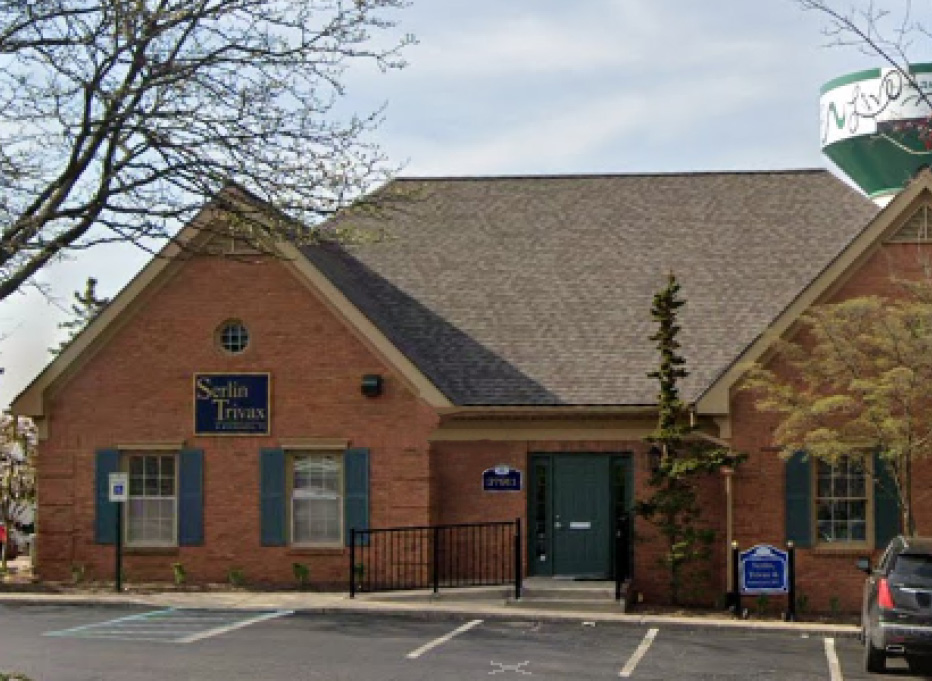If you are a landlord or tenant in Michigan, it is crucial to understand how the Michigan Medical Marijuana laws affect your rights. At first glance you might think: what does smoking pot have to do with my investment or my tenancy?! From a Landlord’s perspective: If your tenant is a qualified patient, it could prevent you from accessing your own property. From a tenant/qualified patient’s perspective: it could get your registry card revoked or worse – face criminal charges.

In 2008, Michigan voters approved the enactment of the Michigan Medical Marijuana Act (MMMA). This act allows a qualifying patient who has been issued, and possesses, a state issued registry identification card the right to consume and grow marijuana. Specifically, each registered qualifying patient is allowed under state law to cultivate (i.e., grow) marijuana for the qualifying patient and is allowed to keep up to 12 marijuana plants kept in an enclosed, locked facility. This last provision of MCL 333.26424 is a clause that could have serious impacts for either a landlord or a tenant.
Most landlords have a clause built into their leases that allows them reasonable access to the property (if you’re a landlord and you don’t have such a clause built into your leases, you have additional problems). Lets say you have a tenant that is a registered patient or caregiver and is legally growing their own plants? Under the law, your tenant must keep these plants “in an enclosed, locked facility.” This means that NO ONE – except the patient or caregiver – has access to this locked facility or room. Not even the landlord. What if you, as the property owner, wish to sell your investment property, during an existing lease term? You still can…however, neither you nor your prospective buyer can access any such locked room(s). What if you, as the property owner, need to make reasonable repairs to the property (as you are obligated to do, under the current Landlord-Tenant laws)? Nope. If an owner cannot reasonably access his or her property, that may be cause for a breach of the lease agreement. However, how can such a denied access be enforced? To enforce this access would force a tenant to violate the MMMA.
As a tenant, if you allow anyone (other than yourself and/or your caregiver) access to the locked facility/room, you are in clear violation of the MMMA and may be subjected to having your registry card revoked (possible criminal charges notwithstanding). If you are in violation of the MMMA, you are now illegally growing and consuming marijuana.
Unfortunately, I don’t believe our legislature fully anticipated the consequences of this issue. Recently, our Senate passed a bill that would allow landlords to ban tenants from smoking or growing medical marijuana in their rental units. But this is clearly and afterthought and has not been fully enacted yet.
Another unanticipated issue is whether a landlord can refuse to lease a property to qualified patient. Federal, state and local laws prohibit discrimination in rental housing based on a number of factors including race, color, sex, age, HANDICAPS or family status. Does a qualified MMMA patient fall under such handicap? The law is not clear. As the MMMA evolves, these issues need to be tested and addressed. If you are not sure about what your rights are, consult your favorite real estate attorney.

